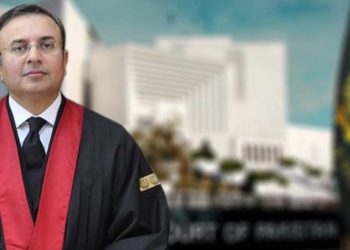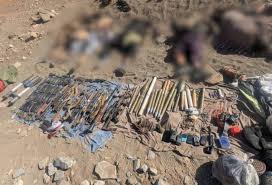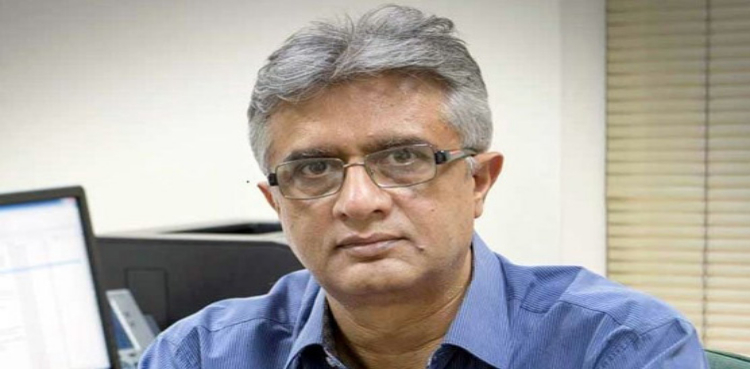The Islamabad High Court (IHC) on Wednesday ruled that hearing on Pakistan Tehreek-e-Insaf (PTI) chief Imran Khan’s bail plea in cipher case registered under Official Secrets Act will take place in an open court.
The IHC announced a verdict that it reserved earlier this week on FIA’s plea seeking in-camera hearing on the PTI chief’s bail application in the cipher case.
In the verdict today, the IHC said open court hearing on the bail petition will be held on October 9. However, the IHC said arguments by lawyers on documents regarded as sensitive will be heard in-camera.
The FIA on Monday had appealed to the IHC for an in-camera hearing on Khan’s bail plea in the cipher case as it is fearful that an open court hearing could harm Pakistan’s diplomatic ties with other states if the matter is discussed publicly.
FIA Special Prosecutor Shah Khawar had told the court that under the Official Secrets Act, a trial cannot be made public, adding that they would move a similar plea in the trial court.
“There are some statements and information that cannot be made public,” said the lawyer. He added that they also have to place statements related to other countries before the court.
“Sharing such information in an open court can affect Pakistan’s diplomatic ties with other countries,” said Khawar.
The PTI chief’s lawyer, Salman Safdar, had opposed the FIA’s plea for an in-camera hearing.
Last month, the PTI chief moved IHC seeking post-arrest bail in the cipher case.
The special court — established under the Official Secrets Act and hearing the case registered against the PTI chief and his party’s Vice Chairman Shah Mahmood Qureshi — had rejected the post-arrest bail applications of Khan and the senior politician.
Both the leaders are currently on judicial remand till October 10 in the cipher case.
The FIA booked them under the Official Secrets Act for allegedly misplacing and misusing the classified document for vested political interests in August this year.
Subsequently, both leaders were arrested in connection with the investigation into the case and a special court was established under the Official Secrets Act to try the accused.

















































